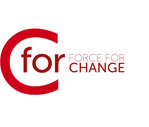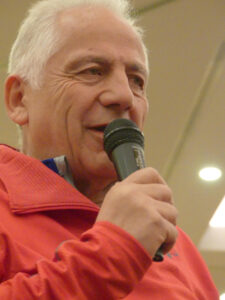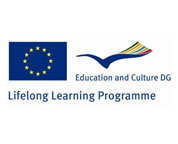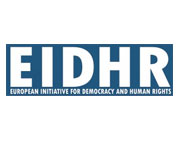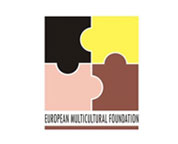Welcome to CFOR
CFOR refers to the ‘force of community’. We facilitate communities to process current and historic tensions and momentary interactions to find pathways forward together – we can grow in personal and collective awareness, so that we don’t get so easily pulled apart into divisiveness, or get swept up into cycles of violence.
During the surge of divisiveness in our times, it is easy to fall into hopelessness. It is participants of our forums who have repeatedly blown our minds, inspired us with meaning and hope. Not ‘pie in the sky’ hope – but hope that comes from witnessing that it is possible to process our history, reckon with the reality of what separates us, and discover what connects us and propels us.
Our wish is to contribute the notion that facilitated interactions using methods of ‘Worldwork’ can support communities to recognise how we each play a part in the perpetuation of a violent conflict, and that this ultimately means that we can each play a part in transforming our future.
At CFOR, we document some of our work in books, articles and film and are developing a web-based platform linking our work with the field of peacebuilding and transitional justice.
Our experience has included working in Croatia and other parts of the former Yugoslavia for many years in forums among people who had been on opposite sides of the violence in the early 90’s.
We are currently facilitating large forums in Rwanda in partnership with GER and the NURC National Unity and Reconciliation Commission, meeting among perpetrators and survivors, youth and elders, of the 1994 genocide against Tutsi, who feel called to go further with the process of reconciliation in order to protect the next generation.
In Zimbabwe, CFOR is working in partnership with a consortium of organisations, ‘Gateway’, to facilitate interactions among community members and local civil society organisations at this turning point of history.
In our Europe Matters – You Matter programme, CFOR has also facilitated numerous forums in the UK and Europe gathering individuals from over 30 countries to focus on current issues of migration, while processing the legacy of WW I, WW II, the holocaust, and Stalin, as well our history of colonialism, and its ongoing impact.
